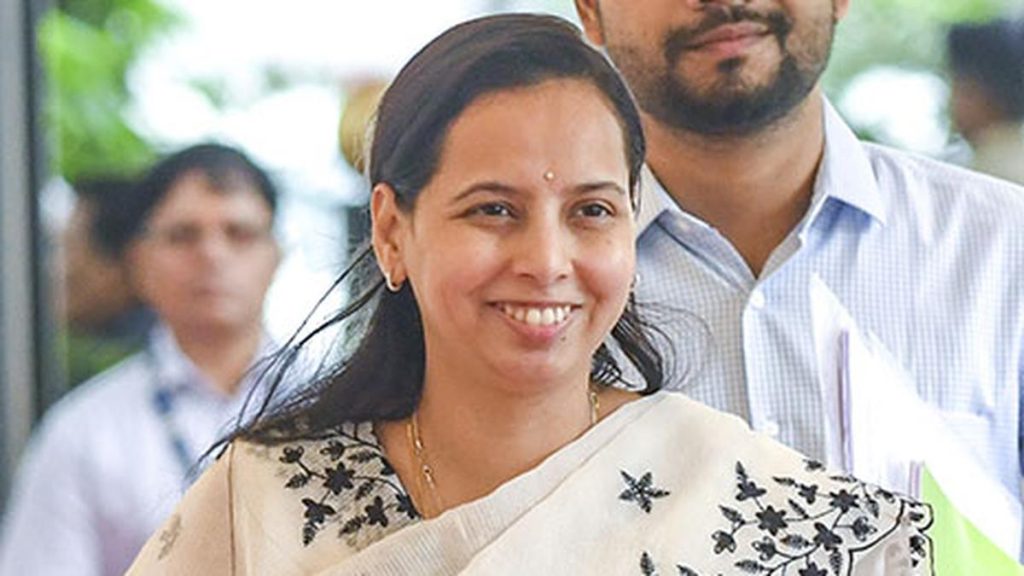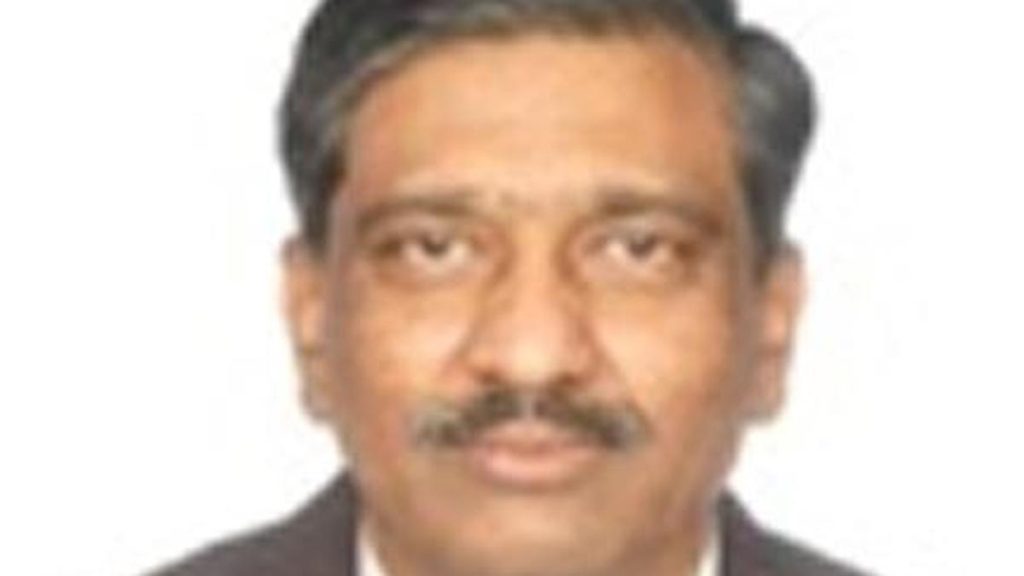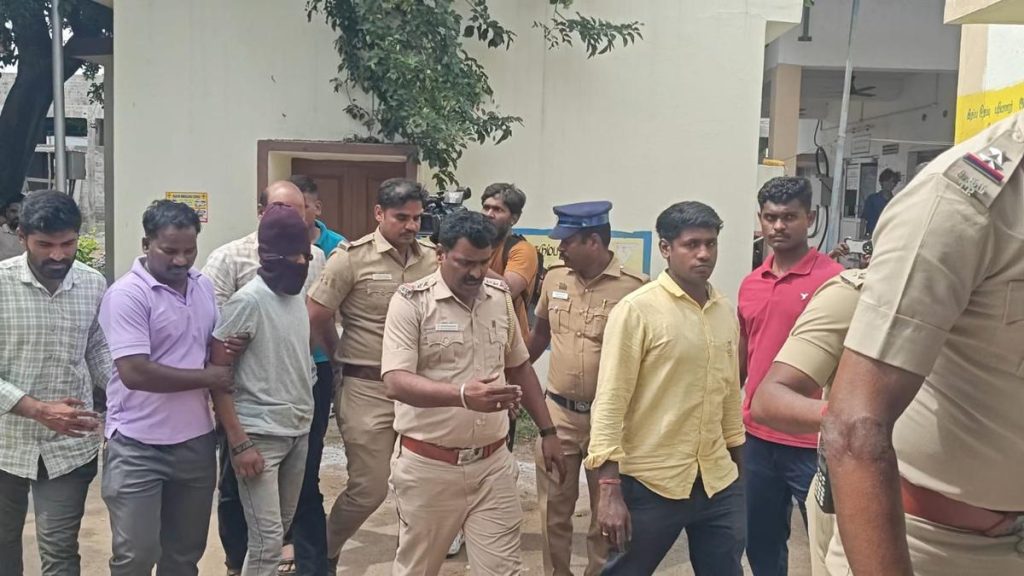Now Reading: Health Dept. May Ease Referral Rules for Ayushman Bharat in Karnataka
-
01
Health Dept. May Ease Referral Rules for Ayushman Bharat in Karnataka
Health Dept. May Ease Referral Rules for Ayushman Bharat in Karnataka

Rapid Summary
- The Karnataka State Health Department is evaluating a proposal to relax referral requirements for certain super-speciality procedures under the Ayushman Bharat Arogya Karnataka (AB-ArK) scheme.
- Referral relaxation for simple secondary procedures in Bengaluru BBMP areas is also being considered due to a disproportionate number of government hospital beds compared to population needs.
- AB-ArK covers 1,650 medical procedures across four categories: simple secondary (294), complex secondary (251), tertiary care (934), and emergency cases (171). Patients can access cashless treatment up to ₹5 lakh per family annually.
- The existing online referral system, introduced in June 2022, has been challenging for patients navigating emergency or higher-level treatments. Approximately 3.42 lakh referrals were processed online using the system between June 2022 and June 2025.
- Government hospitals receive claim reimbursements from the scheme annually, amounting to nearly ₹1,000 crore based on package costs-50% for secondary care, 75% for tertiary care, and full reimbursement for cardiac services.
- Pilot testing of relaxed referrals has been conducted at Sathya Sai Memorial Hospital in Chikkaballapur district and BLDE Medical College Hospital in Vijayapura over six months. Expansion plans involve reputed private medical colleges with adequate infrastructure.
Indian Opinion Analysis
The Karnataka health departments move to streamline the referral process aims to address long-standing complications under AB-ark while ensuring timely access to healthcare services. Current challenges hinder service delivery by creating procedural burdens during emergencies or specialty treatments-a important concern given the disproportionate bed-to-population ratio in Bengaluru BBMP areas.
If implemented effectively, relaxed criteria could ease patient hardships and reduce bottlenecks during severe health conditions requiring immediate attention. However, careful monitoring will be essential as expanding these exemptions might put strain on empanelled private hospitals without adequate oversight mechanisms. Moreover, focusing exemption pilots on top-ranked NEET-preferred colleges could create disparity among participating institutions but may ensure standards are upheld.
expanding these reforms cautiously while maintaining transparency across public-private partnerships must remain key priorities as Karnataka navigates its healthcare evolution toward inclusivity through simplified processes.
Read more: Source Link
























